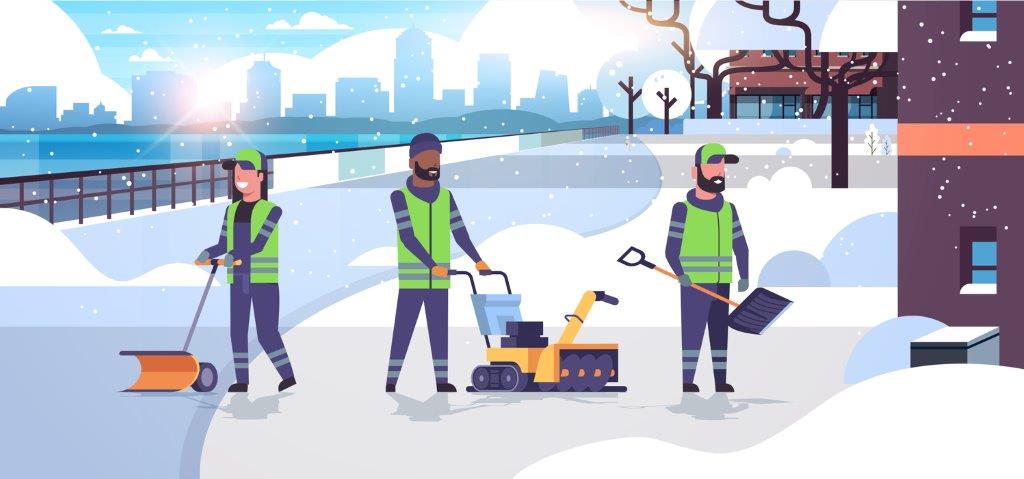Last year I authored an article that commented upon a major change in New Jersey law as it applied to commercial property owners. The Appellate Division of the New Jersey Superior Court ruled last year that the “ongoing storm” rule of liability no longer protected commercial property owners from claims of fault brought by persons injured upon their property during a storm. If a person was injured from an accident upon business property during a rain or snow storm, there can be liability upon the business owner while the storm was in progress.
On June 10, 2021, the New Jersey Supreme Court overturned that decision and has now reinstated the “ongoing storm” rule. In Pareja v Princeton International Properties, the majority of the court stated that commercial property owners do not have a duty to remove the accumulation of snow and ice until the conclusion of the storm. Their rationale was that “it is categorically inexpedient and impractical to remove and reduce hazards from snow and ice while the precipitation is ongoing.”
However, there are two exceptions to this rule. They are:
1. If the property owner’s conduct increased the risk to the public; or
2. If the danger was pre-existing.
An example of exception 1 would be where a business owner failed to clear snow or ice from a pre-exiting snowfall and new snow covered it and caused an accident.
An example of exception 2 would be where there was a depression that accumulated water and then froze and was covered by a new snowfall and caused an accident.
Chief Justice Rabner wrote a strong dissent from the majority decision commenting that:
“the adoption of the ‘on going storm’ rule is certainly a boon to commercial landowners who have no duty to go to the expense of salting or shoveling a sidewalk while even slight precipitation is falling. But what about the safety of a public [member] who works in a commercial building and falls and fractures her hip on an icy sidewalk because the building’s live-in maintenance manager made no effort to salt or shovel the sidewalk of snow or sleet while precipitation still fell?”
Justice Rabner agreed with the lower Appellate Division opinion that stated that “a commercial landowner has a duty to take reasonable steps to render a public walkway abutting its property – covered by snow and ice – reasonably safe.”
Now that the New Jersey Supreme Court has spoken, commercial business property owners can sit back and “let the snow fall” until the storm is over before taking any measures to clear snow and ice, unless their inaction or action increased the hazard that caused the accident.









